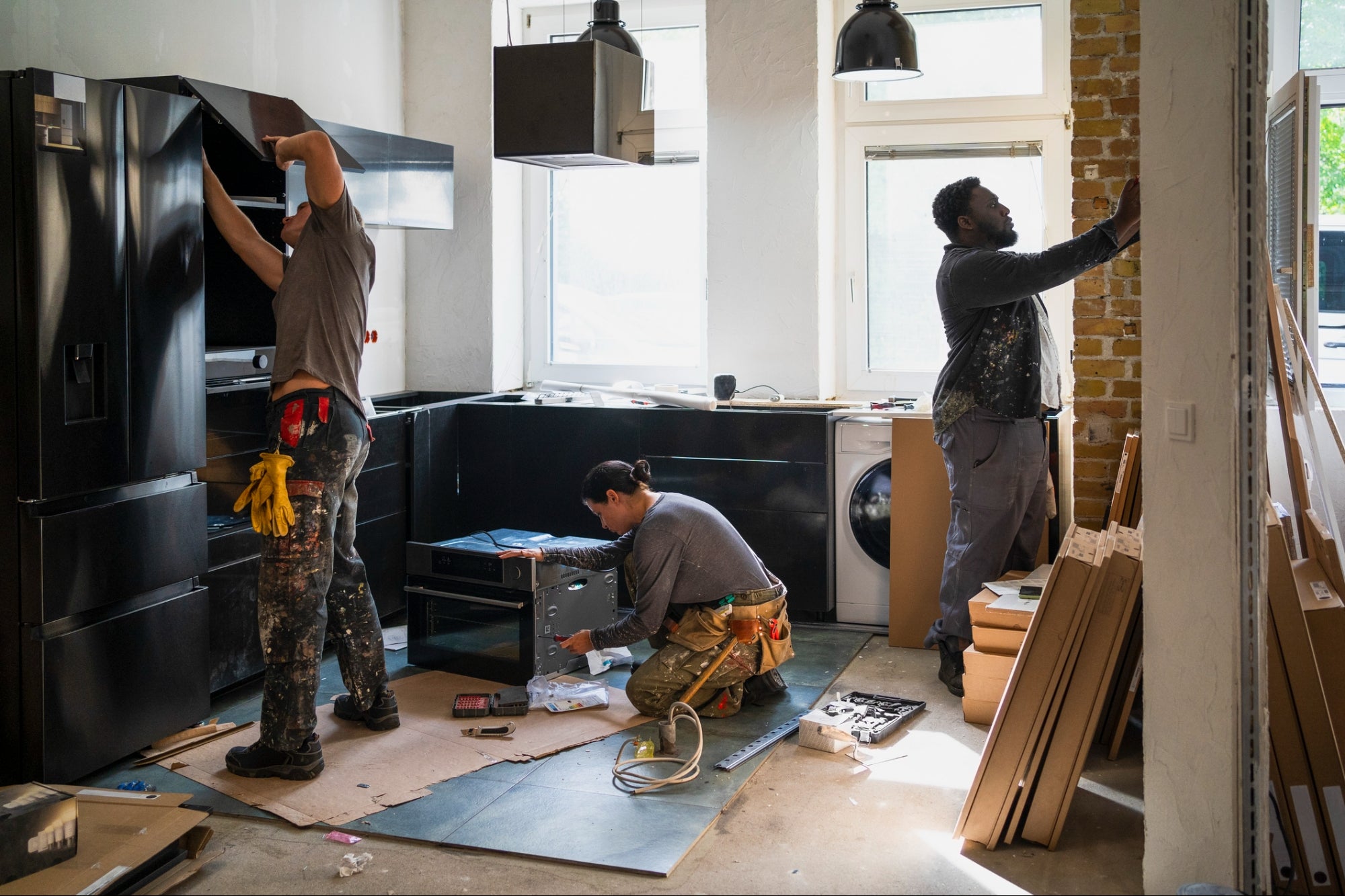Set the Right Price for Your Service Don't go too high or too low, or customers won't buy what you're offering.
By Cliff Ennico •

Opinions expressed by Entrepreneur contributors are their own.
Without a doubt, one of the hardest parts of starting a consulting or professional practice is the art (there is no science) of pricing your services, the subject of this week's e-mail: "I've just left corporate America and am starting my own consulting business. There's a fair amount of competition in my area, but I'll be working out of my home with low overhead, and I'm thinking of offering really low prices to my customers, like 50 percent of what my competition charges, in the hopes that once I become more established in my practice I'll be able to raise them. Do you think this is a viable strategy?"
When you start any business, there's always a certain amount of insecurity (OK, terror) about just how good you really are. You lie awake at nights asking "Will people actually part with their hard-earned money to buy what I have to offer?" It's very tempting to sell yourself short and offer your services at rates significantly below the market in an effort to get business--any business--in your front door.
But let me ask you a question. Let's say you were thinking of hiring me as a consultant, and I told you my rate was $10 an hour. You have spoken to other consultants who quoted you $200 to $300 an hour for the same services. Tell me the truth: Would you be jumping up and down for joy, thinking that you have been offered the deal of your life? If you are like most people, you would be very suspicious of my offer. You would be thinking either:
- This deal is too good to be true--I'd better check this guy out thoroughly; or
- This guy is so naive or desperate for business that if I bargain hard with him, I'll probably end up getting the services I need for nothing.
Either way, I am not going to get what I want out of this relationship.
There's another drawback to low-ball pricing. Let's say your competition is charging an average of $200 an hour. You price yourself at $100 an hour, and you get tons of business. Now you want to raise your fees to $125 an hour. How do you think your clients will react to that, once they have become accustomed to paying $100 an hour? Believe it or not, even though at $125 an hour your clients are still getting a tremendous deal, they probably will yell and scream that you are raising your fees by 25 percent in a difficult economy. Try it, and see what happens.
It's a lot easier to overprice your services and offer discounts to your clients--that way, the clients perceive that they are getting a deal, and you are still getting a market rate for your services--than it is to underprice your services in the hopes of increasing them later once the clients are "hooked" on your way of doing things.
This doesn't mean that you should price higher than your competition, in the hopes people will perceive you as the "gold standard" of your profession. Some people do think that high prices equal superior quality, but they usually aren't the clients you want to attract. Remember, you are an unknown quantity at this point.
What I would do, if I were in your shoes, is find out exactly what your competition charges, and price yourself at 80 to 90 percent of what they charge. Then, if you sense a customer wants an even lower price, you can offer a one-time, "new client" discount, or perhaps a flat fee, on the first job you do for them. This will send the desired signal that you are eager for their business and are flexible in your pricing, while also communicating that sooner or later the client will be asked to pay something close to market rates.
There is always the risk that you will overprice your services at some point. Just keep in mind two important truths. If you do not charge what you are worth:
2. You will resent your customers for not providing you with a decent living and start treating them like dirt--a sure formula for failure.
Cliff Ennico is host of the PBS television series MoneyHunt and a leading expert on managing growing companies. His advice for small businesses regularly appears on the "Protecting Your Business" channel on the Small Business Television Network at www.sbtv.com. E-mail him at cennico@legalcareer.com. This column is no substitute for legal, tax or financial advice, which can be furnished only by a qualified professional licensed in your state. Copyright 2003 Clifford R. Ennico. Distributed by Creators Syndicate Inc.










